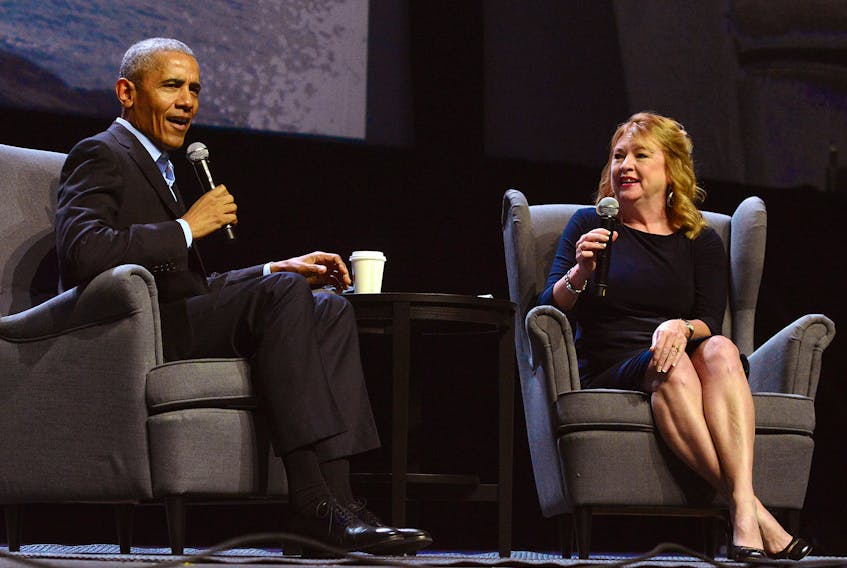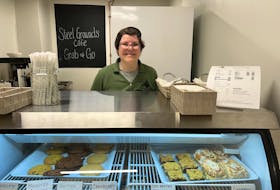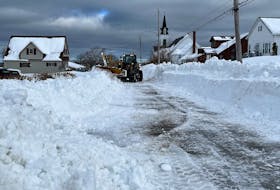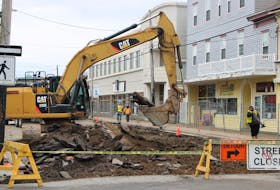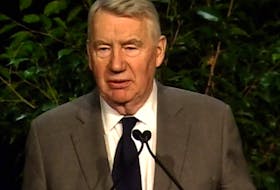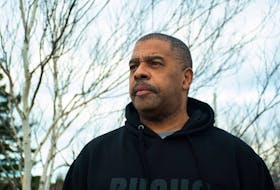In light of former US President Barak Obama's visit to Halifax last week, we've put together a collection of key takeaway points from other notable speakers who recently paid a visit to the Atlantic provinces.
The President is in the Building
If you weren’t one of the lucky 9,000-and-something Haligonians who scored a seat to Obama’s speaking event Wednesday past, here’s some of the big takeaways. Thanks to SaltWire Network's very own Francis Campbell, who covered the event, you can get details of the evening here.

Key takeaways:
- Know why you are doing what you are doing and have an inner compass and values because it helps you to be open to hearing and listening to other people and other perspectives – This prevents you from feeling threatened if somebody feels differently than you do.
- “Democracy has to be nurtured, it just doesn’t happen on automatic pilot,” Obama stated. He believes the anti-democratic trends are being fueled by citizens feeling distant from those in charge.
- Society requires youth to lend their voices, their participation and their efforts and to learn how to persevere through setbacks. Young people need to be idealistic, to question, to challenge the status quo — the essence of activism is not simply labeling others and hashtagging about it.
Chatting with Liz
So, in the daily humdrum of life, what does being brave really mean?
We ask Eat, Pray, Love author Elizabeth Gilbert the big questions on embracing joy and cultivating creativity. Get the full conversation here.

Key takeaways:
- It doesn't seem that anyone is able to keep themselves safe, no matter how much we try, so bravery is the willingness to accept those terms (and) be ready for whatever is to come.
- We live in a culture that enshrines the single-minded, passionate purpose and says that if you have a passion, have only one, and it should be part of your entire life, and you should devote all of your time and talents to it so it’s monetized and, by the way, the work should also be changing the world – no pressure, right?
- A life is lived creatively if it's true to your nature and brings joy, not because you have talent or the opportunity to monetize that talent — this includes pursuits such as gardening, cooking, homemaking and ironwork.
Suzuki urges we stand together
David Suzuki, the beloved and renowned environmental activist, spoke at the Rebecca Cohn Auditorium this past September, accompanied by Stephen Lewis, a diplomat, public speaker and environmentalist. You can read the full breakdown of the event here.

Key takeaways
- Fighting amongst ourselves over carbon taxes and pipelines and foreign-funded radicals is not where our energy should be focused. What Canadians should do now (post-election) is look to the IPCC challenge and report (what’s that?) from October of last year and get off fossil fuels very, very quickly.
- We’re at that critical, historical moment where, if we continue, its self-immolation. Currently, carbon emissions in Canada are twice as great as is required in the Paris Accord; if we are unsuccessful in containing the 1.5-degree increase, it’s likely we’ll see complete economies collapse, on top of the already pressing environmental crises.
- Applying the pressure of youth on the politicians is essential – every individual can make a difference, although what we really need is collective action.

